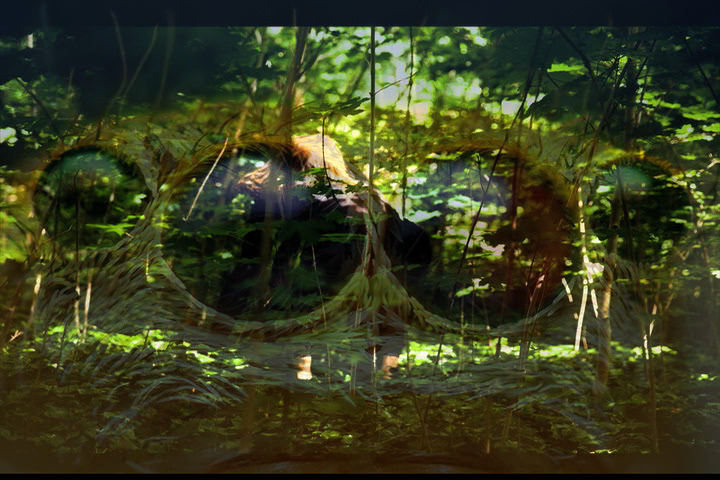This essay tries to read the pandemic-afflicted (human) world in terms of post-human translation. In echoing Anna Tsing’s call for “collaborative survival,” it speaks in images of human-spiders in the forest who sense the radical isolation of humans and, thus, loss of proximity. One witnesses ill-treatment of various bodies: those that are economized, racialized, or nationalized. In this way, the essay proposes a post-human approach to distorted intimacies worldwide. It uses multimodal means of reflection: film, photography, sounds, and words. Through such a combination of nonverbal and verbal elements, the essay argues against the divisions of humans-culture-nature. It asks the reader to rethink how we could exist in equal mutuality.
Articles by Linda Paganelli
Linda Paganelli is an Italian artist, visual anthropologist, and experimental film director based in Berlin. She specialized in Visual Anthropology following a Master's Degree at Goldsmiths and since then she has worked in (post)conflict zones like Afghanistan, the Middle East, and the Western Balkans, and on sensitive issues in Europe, combining visual art, filmmaking, and anthropology. Her works have been selected at many international film and art festivals, galleries, and academic conferences. Her topics concern mainly belonging, migration, death, and gender. Her approach is inclusive and has its foundations in a decolonial, queer * feminist, and migrant perspective. She aims to creatively engage participants of every age, gender, status, ethnicity, and creed to generate a communitarian healing artistic practice. She collaborates regularly with DaMigra e.V., Rete Donne e.V., Humboldt University, Viadrina University, Viadrina Center B/ORDERS IN MOTION, Bezirksamt Neukölln, and GlogauAIR. She also leads the Berlin Film Community, which has 12,300 members.
